Category: Mrs. America
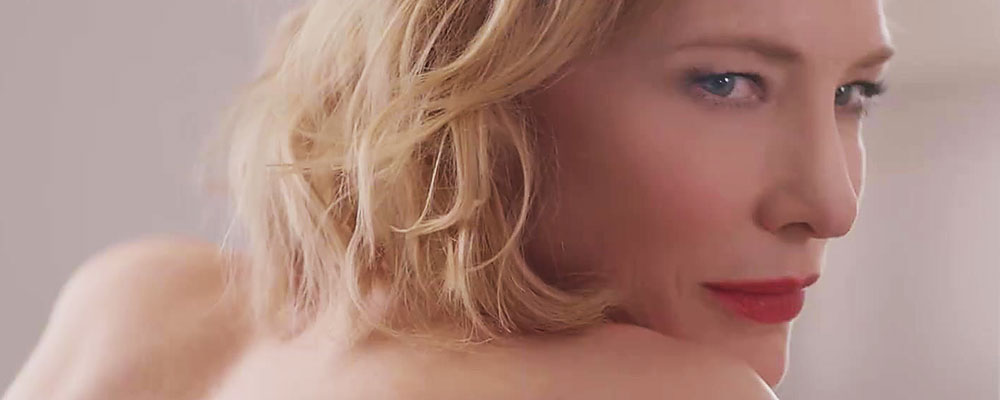
Hi, Blanchetters! Another video from Armani Beauty for their LIP MAESTRO Campaign has been released, this time Cate Blanchett wears shade 214 of the lipstick. We also have magazine scans from Oggi No. 34 issue. A full length trailer...
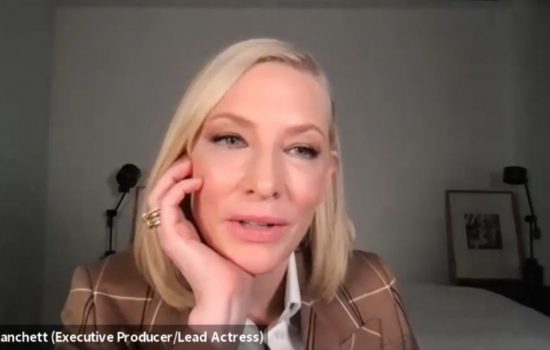
Hi, everyone! Producers Guild of America has uploaded a conversation with Mrs. America executive producers Cate Blanchett, who also starred in it, and Stacey Sher. Thanks to Catepedia from CBFChat for finding this video. Thank you to Michael, Anamary,...
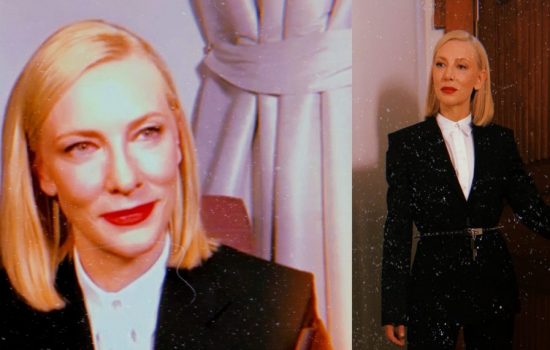
Hello, Blanchetters! Cate has attended the virtual SAG Awards where she was nominated for Outstanding Performance by a Female Actor in a Television Movie or Limited Series for her role in Mrs. America. Check the videos and photos below....
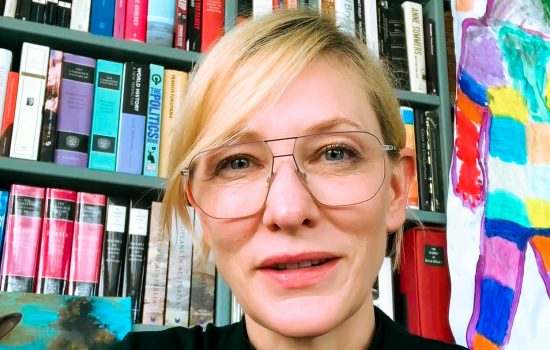
Hello, blanchetters! Cate has won her first award for her role in Mrs. America and Staged has released an extended version of their series on DVD and there's almost 2 minutes of added appearance with Cate. One of our...
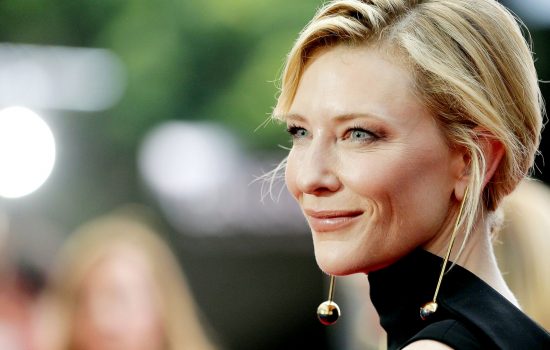
Hi, everyone! New nomination for Cate for Mrs. America AACTA International Award for Best Actress in a Series Cate Blanchett – “Mrs America” Daisy Edgar-Jones – “Normal People” Nicole Kidman – “The Undoing” Catherine O’Hara – “Schitt’s Creek” Anya...
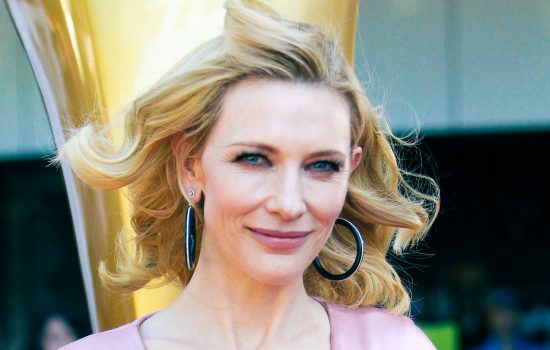
Hi, everyone! We've compiled some news on Cate that were released recently. Check them out. The Hollywood Reporter - February 3rd 2021 Cate Blanchett’s Dirty Films, New Republic to Produce ‘Queen Bitch and the High Horse’ Cate Blanchett’s Dirty...
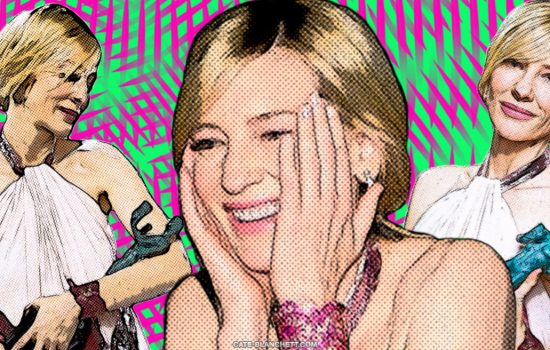
Hello, everyone! Cate has scored another nomination for her role in Mrs. America, this time it's from the Screen Actors Guild Awards. She previously won leading for Blue Jasmine (2014), supporting for The Aviator (2005), and ensemble for The...
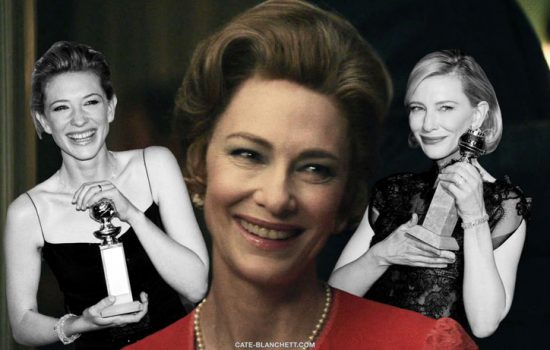
Hi, blanchetters! Cate has been nominated for another Golden Globes Award. This is Cate's 11th nomination, she previously won Golden Globes' Best Actress in a Motion Picture - Drama for Elizabeth (1999) and Blue Jasmine (2014), and Best Supporting...
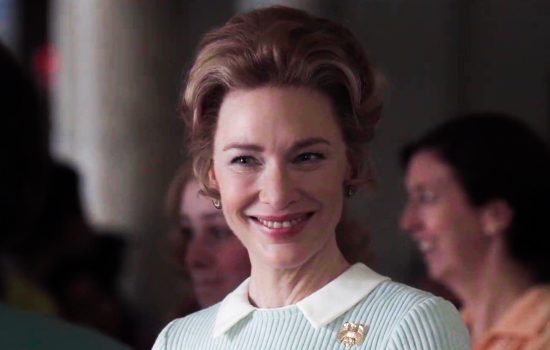
Hi, everyone! The American Film Institute Awards for 2020 has announced it's recipients which includes the co-produced Cate series, Mrs. America. AFI’s global Movie Club program will showcase the official selections beginning in February, with new and exclusive content...
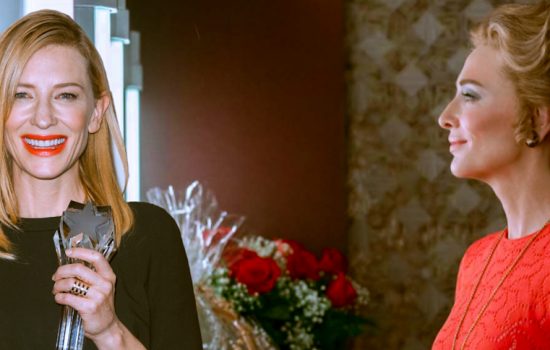
Hi, Blanchetters! Great news, another nomination for Cate for her role as Phyllis Schlafly in Mrs. America and as producer of the series. She and the series are nominated at the Critics' Choice Television Awards. She has already received...
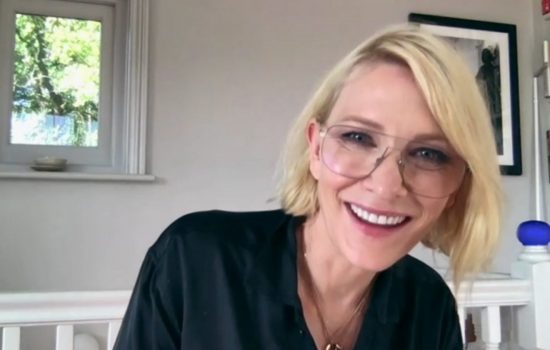
Hi, everyone! Cate was recently a guest on the second season of Staged which you can stream on BBC iPlayer. She appeared on the 7th episode titled The Loo Recluse. There's also new interview with Cate and some film...
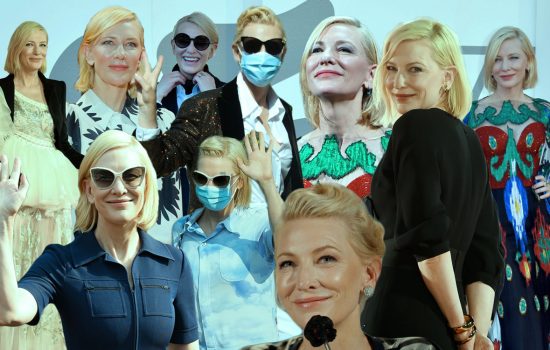
Hello, Blanchetters! Hope you're all having great day/evening. This is quite a lengthy post but we have added hundreds of photos on our gallery from Day 0-11 of 77th Venice Film Festival. We've also added social media posts with...
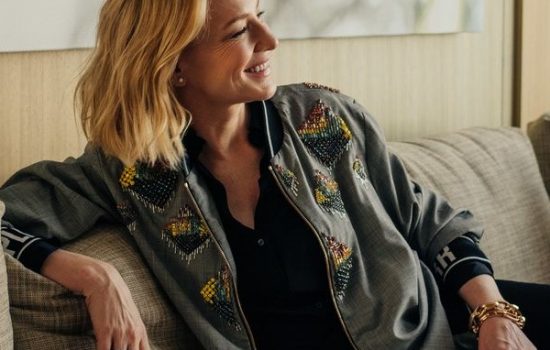
Hi, Blanchetters. We have a new podcast interview with Cate and it's quite lengthy so enjoy! Click here for those who listen through Apple podcast. [embed]https://open.spotify.com/episode/3MdV8l6DYWyUZ6BPsvfaFf?si=dp8_F-6oQFuc-0AS_t5I0g[/embed]
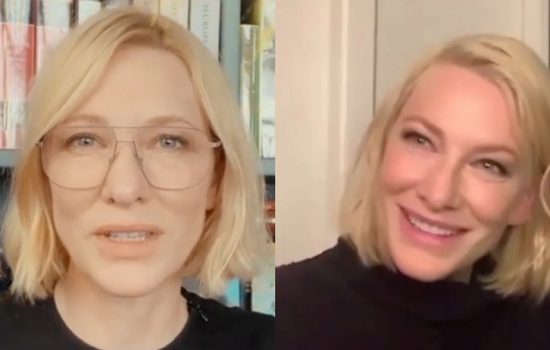
Hi, everyone! Great news! We have a new Cate film (Pinocchio) to look forward to, which will be directed by Guillermo Del Toro. There's also new UNHCR video released for World Humanitarian Day last August 19. On Mrs. America...
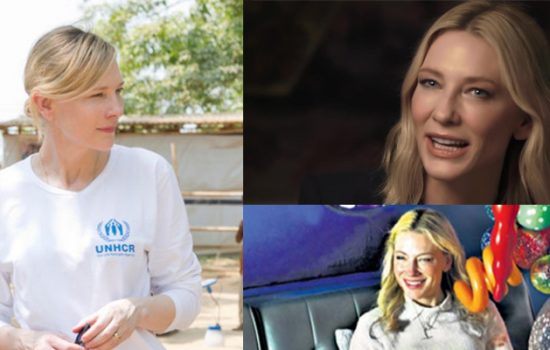
Hello, fellow Blanchetters! Cate has written a piece about hope as part of Vogue's Hope series. On other news, photographers Firooz Zahedi and Simon Annand are releasing their own books, with Cate as cover of Zahedi's book and her...
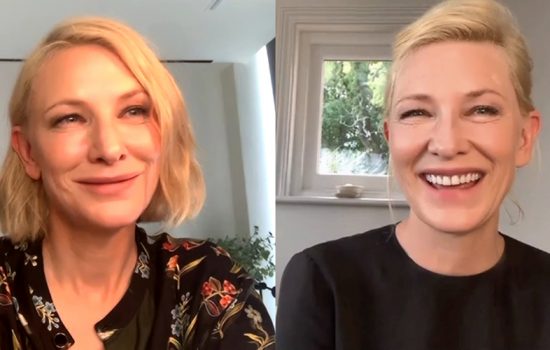
Hi, everyone! First, we would like to thank everyone who donated for the annual hosting renewal of the site. We have reached out goal for the August 22 renewal. We are in no way affiliated to Cate nor her...
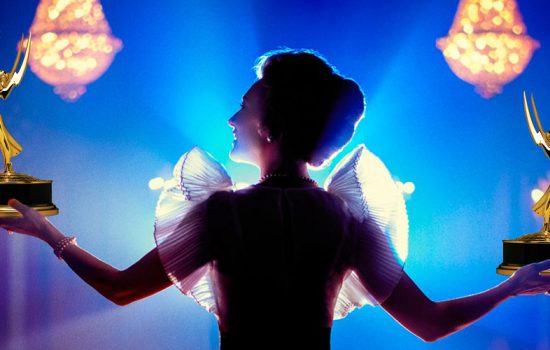
Great news, everyone. Cate Blanchett has been nominated for her first Emmy Award - Lead Actress in a Limited Series or Movies. Mrs. America garnered 10 nominations in total including Limited Series in which Cate is an executive producer. "My...
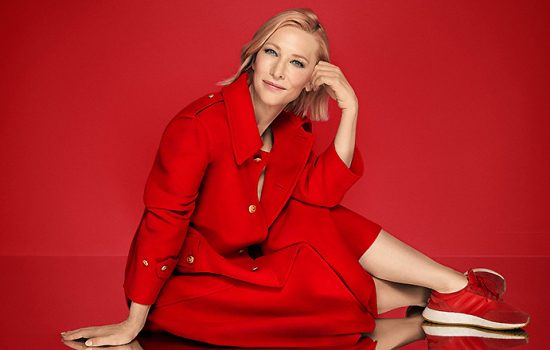
Hello, Blanchetters! We have compiled June-July 2020 magazine issues with Cate Blanchett plus the Variety: Power of Women tribute for Cate alongside Patti LuPone and Janelle Monáe. Enjoy! Cate Blanchett’s Passion Project: Bringing Awareness to Refugees at Risk of...
![Cate Blanchett interviews and other news [compilation]](https://www.cate-blanchett.com/news/wp-content/uploads/2020/07/001-1-550x350.jpg)
Hi, Blanchetters! We've been away but we're back and here are the news on Cate this past month. Stateless on Netflix Stateless was released on Netflix on July 8. You can now binge-watch all 6 episodes. You can check...
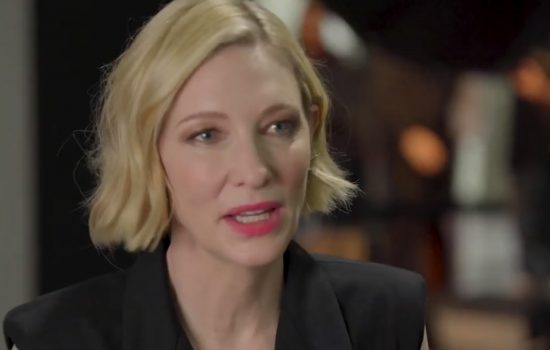
Three new featurettes have been made available this week for Mrs. America, watch them below:


















![Cate Blanchett interviews and other news [compilation]](https://www.cate-blanchett.com/news/wp-content/uploads/2020/07/001-1-550x350.jpg)


 A Manual for Cleaning Women (202?)
A Manual for Cleaning Women (202?) Father Mother Brother Sister (2025)
Father Mother Brother Sister (2025)  Black Bag (2025)
Black Bag (2025)  The Seagull (2025)
The Seagull (2025) Bozo Over Roses (2025)
Bozo Over Roses (2025) Disclaimer (2024)
Disclaimer (2024)  Rumours (2024)
Rumours (2024)  Borderlands (2024)
Borderlands (2024)  The New Boy (2023)
The New Boy (2023) 











